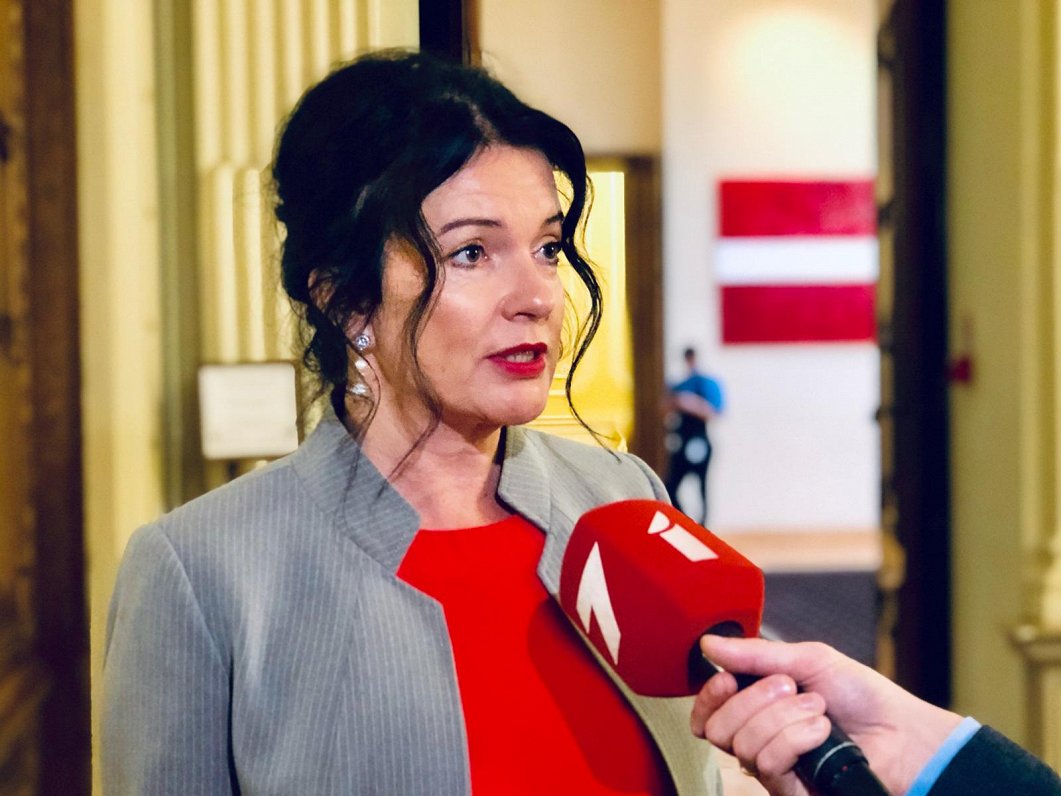The party KPV LV, which is the party responsible for the ministry, denies that the status was granted because of the company's expressed support for the party during the pre-election period.
The Consumer Rights Protection Centre has determined that at least part of the company's claims aren't supported by scientific evidence, and has given the company until the middle of December to remedy the consumer information violations.
At first the ministry denied the social enterprise status to Memory Water, citing that employing persons with disabilities was only a formality, as the majority only worked a few hours a week. However the company contested the decision, and the parliamentary secretary appeased the complaint.
Welfare Minister Ramona Petraviča (KPV LV) announced that while she disagrees with the status denial for Memory Water, that the criteria needs to be changed so that companies can't take advantage of the system.
"We can't select the companies on whether or not we like them – we have to follow concrete criteria. And if the meet the criteria, there is no basis for denying status and the appeal can be made not only in the ministry, but in court," said Petraviča.
The company denies that the conduct was unethical. When asked about the 35 euros a month paid to employ a disabled person, Memory Water replied that “Many don't even want to and can't work anymore.” Although the company only paid disabled persons around 20 000 euros last year, they said that the rest of the grant money is a future investment.
As previously reported, Latvia's anti-graft office, the Corruption Prevention and Combating Bureau (KNAB) examined whether the advertisements of Memory Water, a controversial seller of "structured" water that supposedly increases "bio-energy" levels, don't contain hidden political campaigning.
That's what Amīlija Raituma, a KNAB representative, told Latvian Radio August 31.
She told Latvian Radio that there are indications that part of Memory Water advertisements can be considered to be hidden campaigns.
KPV LV partners have criticized the situation, however the welfare minister said that there hasn't been a discussion among coalition partners.





























